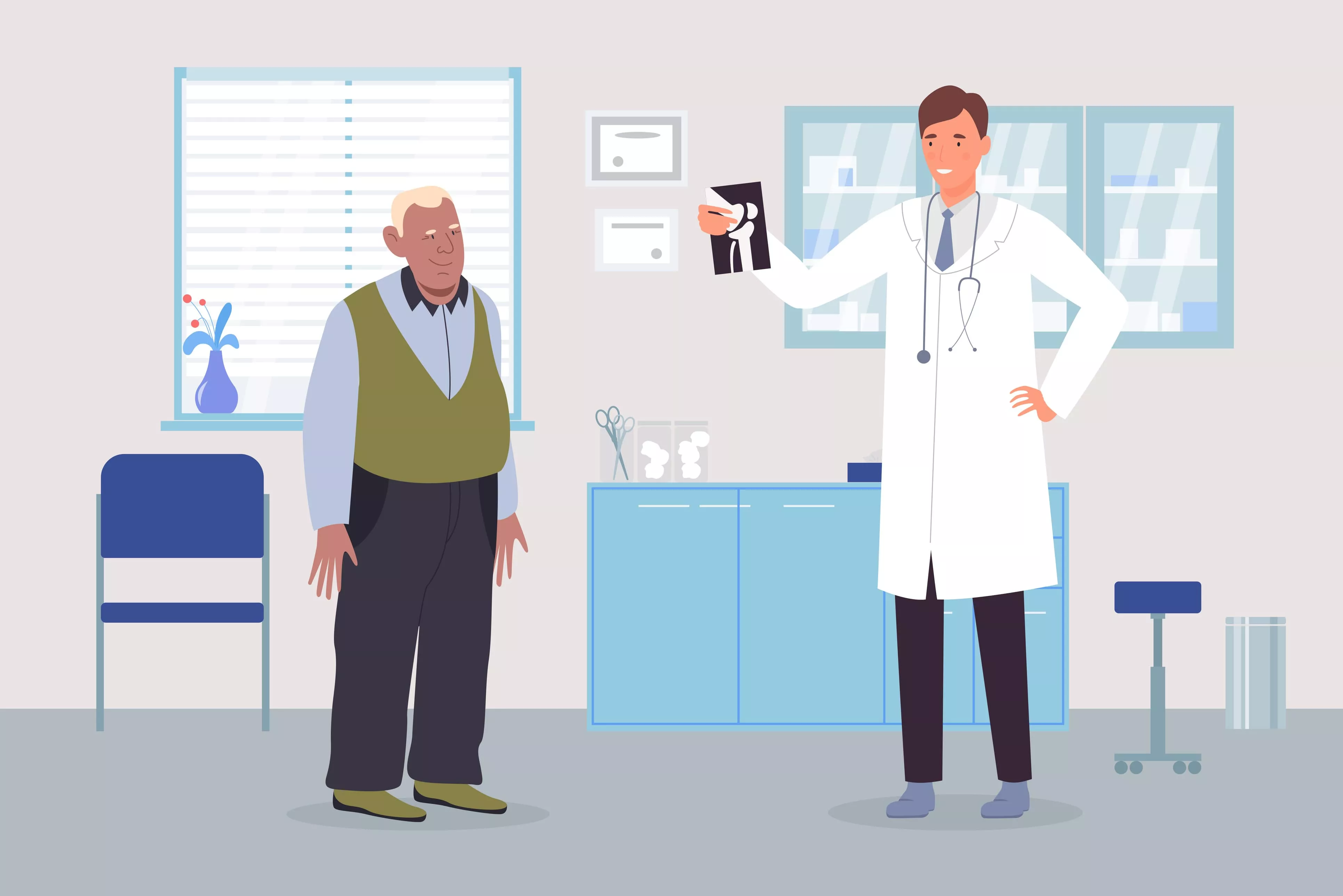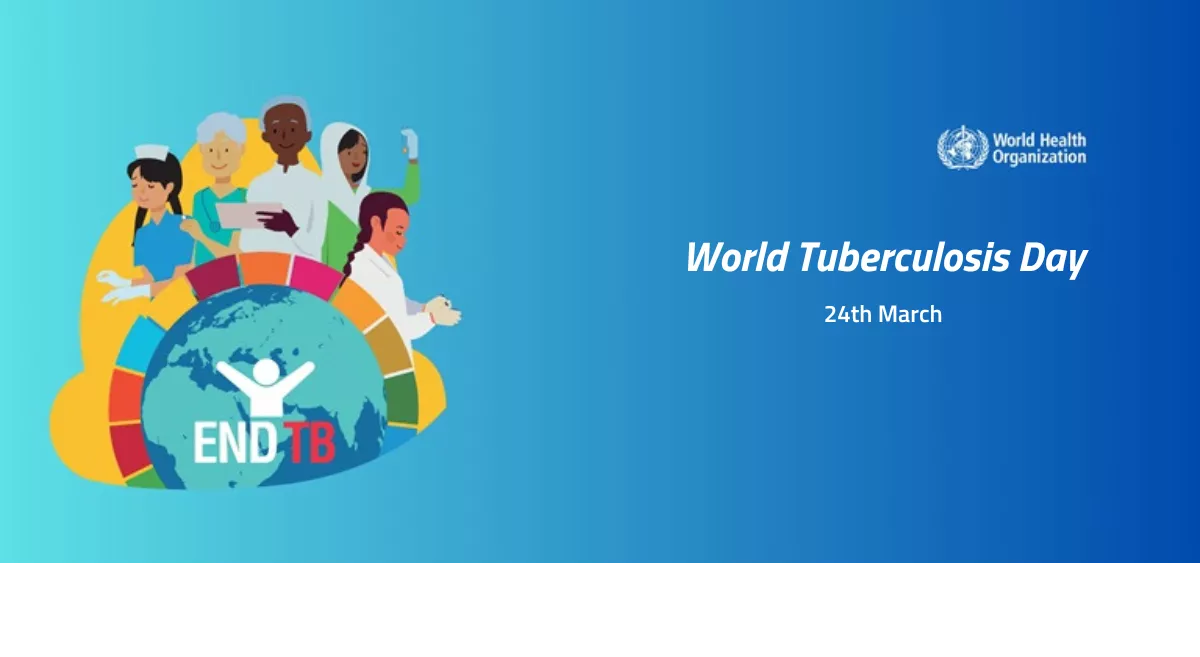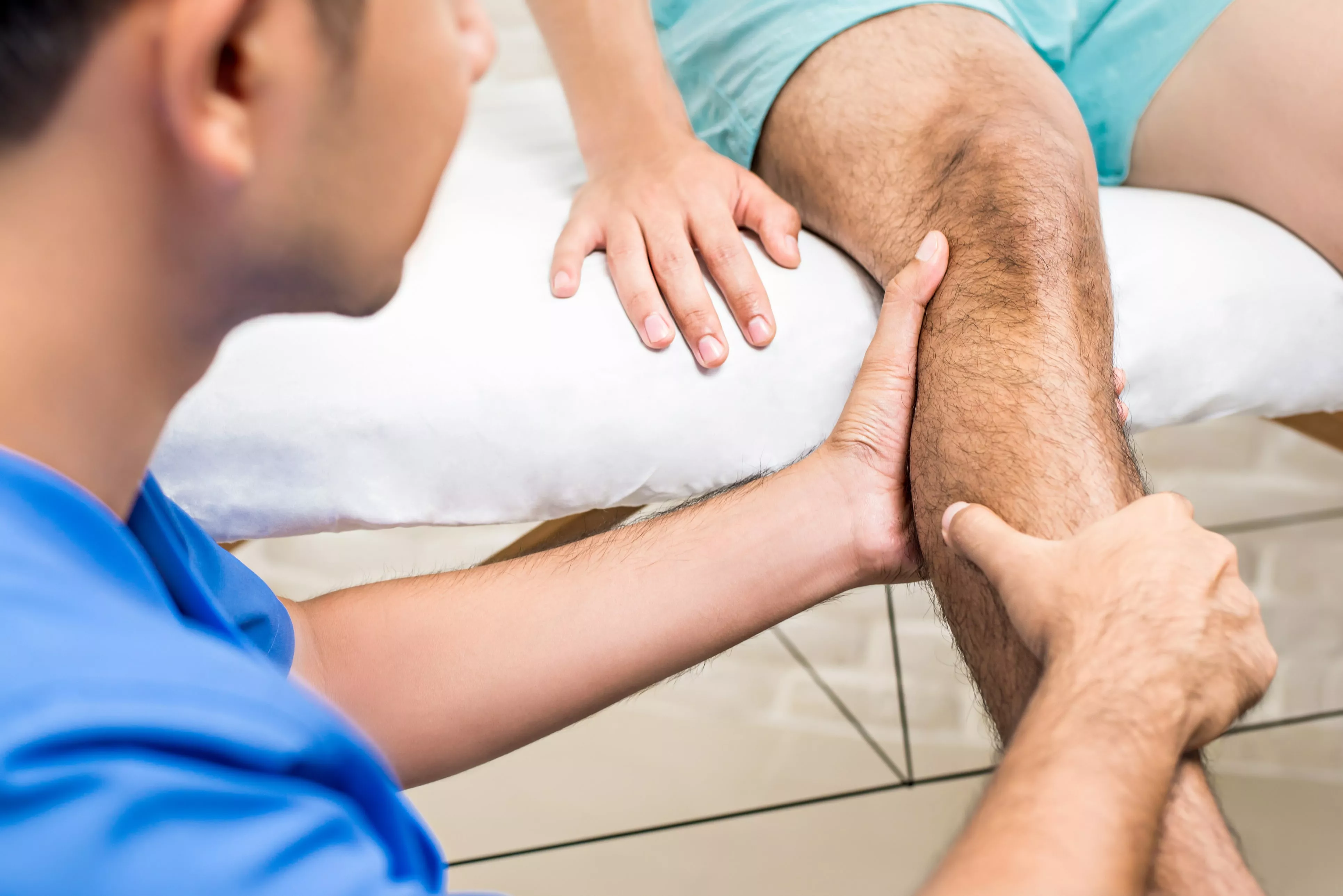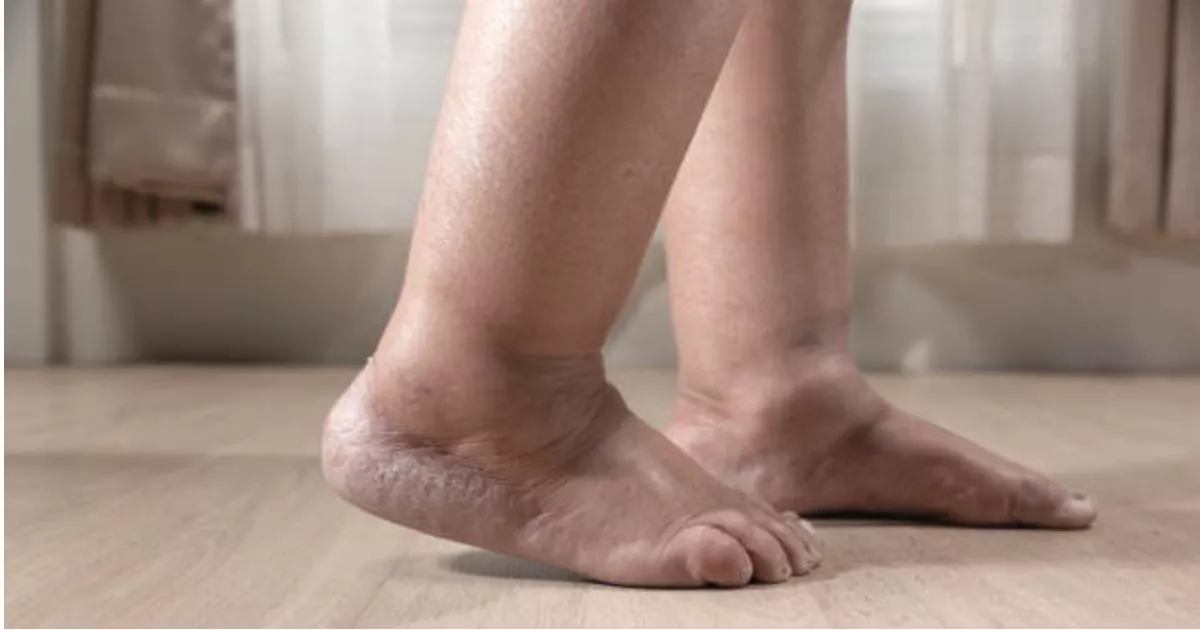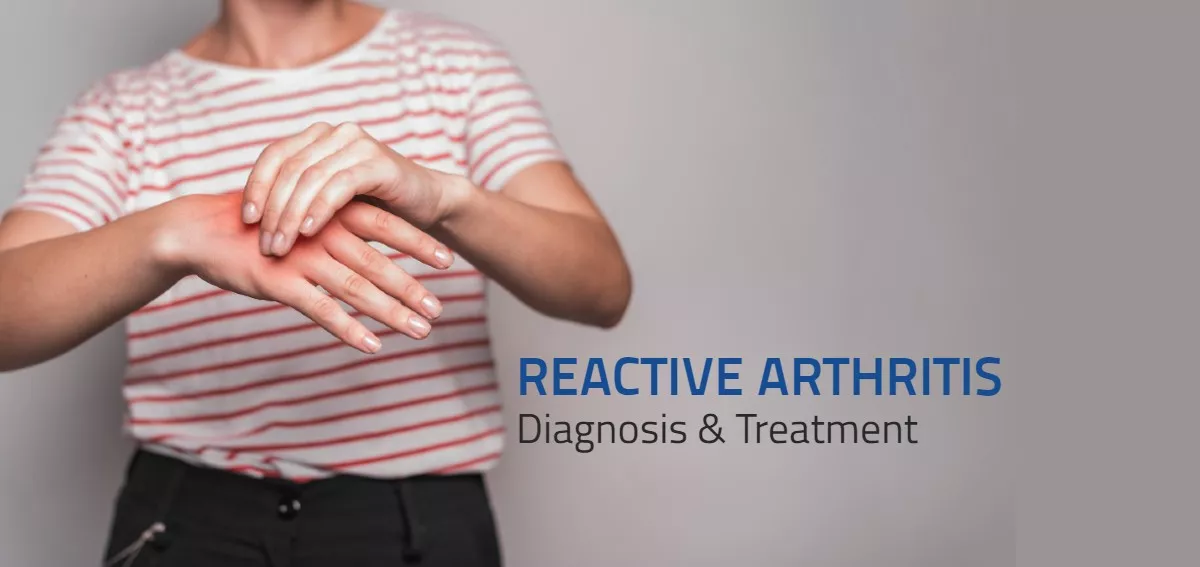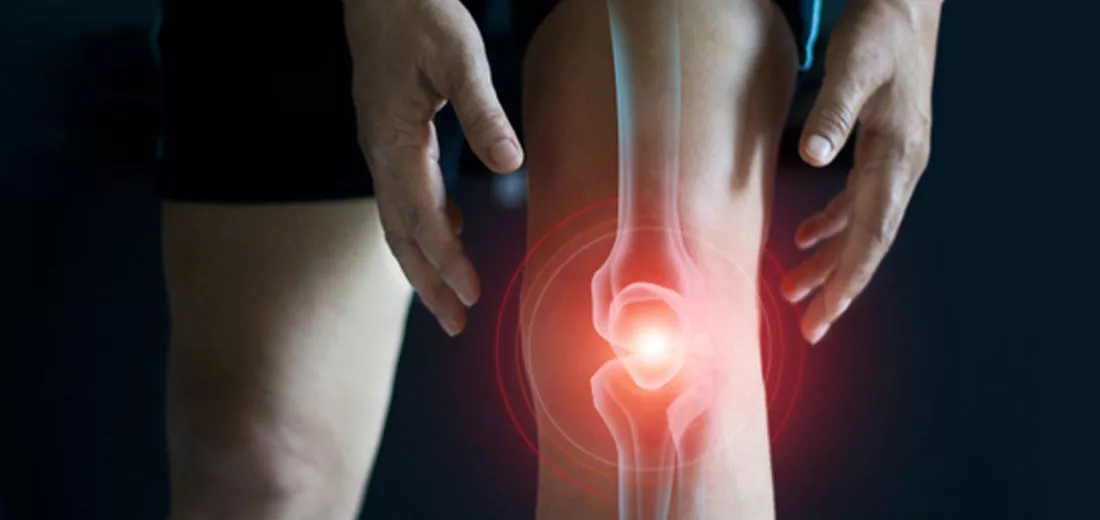Introduction:
Rheumatological diseases encompass a diverse group of conditions that affect the joints, muscles, bones, blood vessels and connective tissues in the body. These diseases can cause pain, inflammation, stiffness, and reduced mobility, significantly impacting the quality of life for affected individuals. Rheumatological Diseases Awareness Month, observed annually in [insert month], aims to raise awareness about these conditions, promote early detection, and provide support to those living with rheumatological diseases. This blog delves into the various types of rheumatological diseases, their symptoms, causes, diagnosis, and treatment options.
Types of Rheumatological Diseases:
1. Rheumatoid Arthritis (RA): RA is an autoimmune disorder characterized by chronic inflammation of the joints, leading to pain, swelling, stiffness, and deformity. It commonly affects the hands, wrists, knees, and feet and can also involve other organs such as the heart and lungs.
2. Osteoarthritis (OA): OA is a degenerative joint disease characterized by the breakdown of cartilage, resulting in pain, stiffness, and loss of function in the affected joints. It most commonly affects weight-bearing joints such as the knees, hips, and spine.
3. Systemic Lupus Erythematosus (SLE): SLE is a chronic autoimmune disease that can affect multiple organs and tissues, including the skin, joints, kidneys, heart, and brain. Common symptoms include joint pain, fatigue, skin rashes, fever, and kidney problems.
4. Psoriatic Arthritis: Psoriatic arthritis is a type of inflammatory arthritis that affects individuals with psoriasis, a chronic skin condition characterized by red, scaly patches. It can cause joint pain, swelling, stiffness, and nail changes.
5. Ankylosing Spondylitis (AS): AS is a type of inflammatory arthritis usually associated with HLAB27 gene, primarily affects the spine, causing pain, stiffness, and decreased mobility. It can also involve other joints, such as the hips, shoulders, and knees.
6. Gout: Gout is a form of arthritis caused by the accumulation of uric acid crystals in the joints, leading to sudden and severe attacks of pain, swelling, redness, and warmth, commonly affecting the big toe.
Causes and Risk Factors:
The cause of rheumatological diseases varies depending on the specific condition but may involve a combination of genetic, environmental, and immunological factors. Risk factors for developing rheumatological diseases include:
- Family history of rheumatological disease
- Age
- Gender (some conditions are more common in women)
- Obesity
- Smoking
- Previous joint injury or trauma
- Chronic inflammation
- Certain infections
Diagnosis and Treatment:
Diagnosing rheumatological diseases typically involves a comprehensive medical history, physical examination, laboratory tests, imaging studies (such as X-rays, ultrasound, and MRI), and sometimes joint fluid analysis or biopsy. Treatment options aim to relieve symptoms, slow disease progression, and improve quality of life and may include:
- Medications (such as nonsteroidal anti-inflammatory drugs, disease-modifying antirheumatic drugs, biologic agents, and corticosteroids)
- Physical therapy
- Managing comorbidities like diabetes, hypertension, and dyslipidemia well
- Lifestyle modifications (such as exercise, weight management, and smoking cessation)
- Assistive devices (such as braces, splints, and orthotics)
- Surgery (in severe cases, such as joint replacement or synovectomy)
Conclusion:
Rheumatological Diseases Awareness Month provides an opportunity to educate the public about the impact of rheumatological diseases and the importance of early detection and management. By raising awareness, promoting research, and supporting individuals living with these conditions, we can improve outcomes and enhance the quality of life for millions of people affected by rheumatological diseases worldwide.
